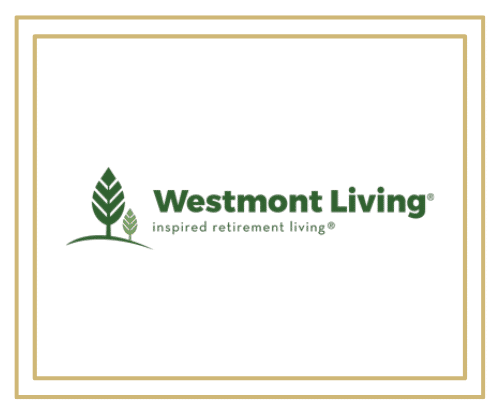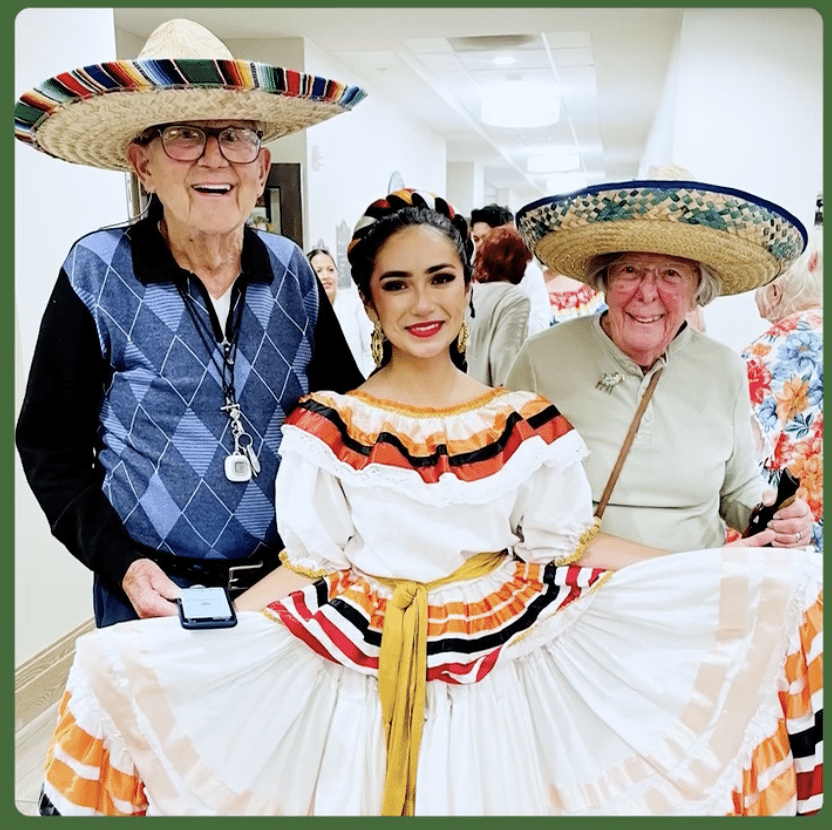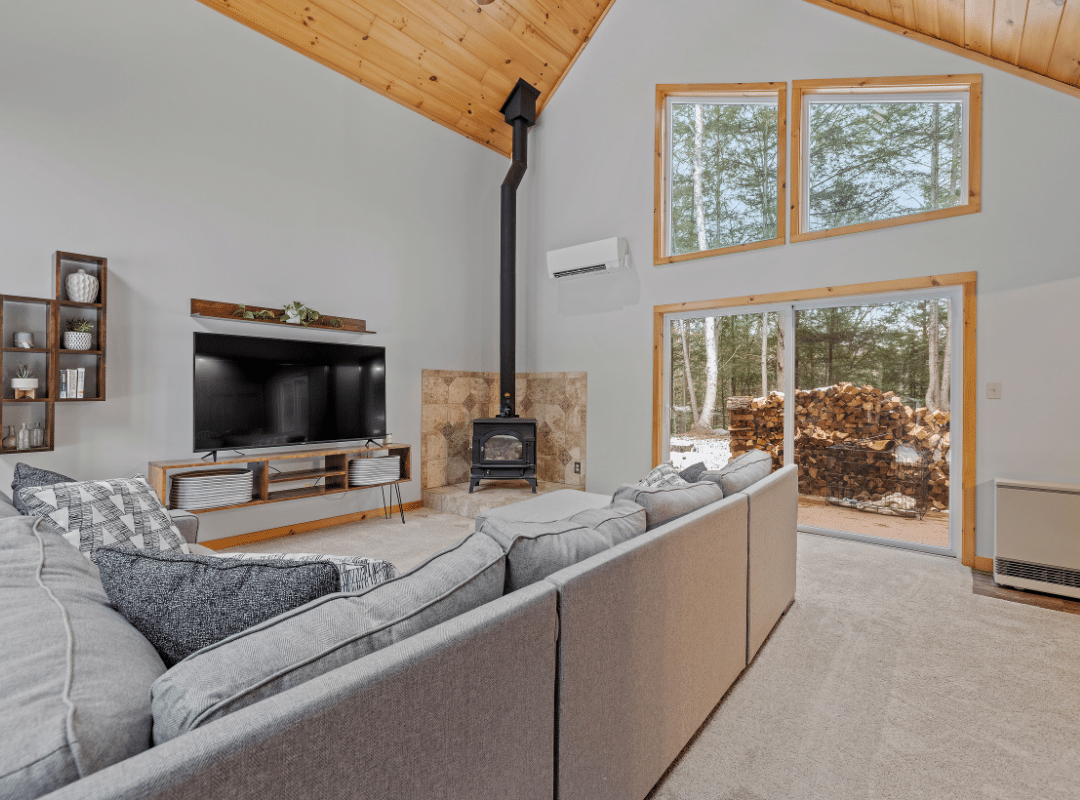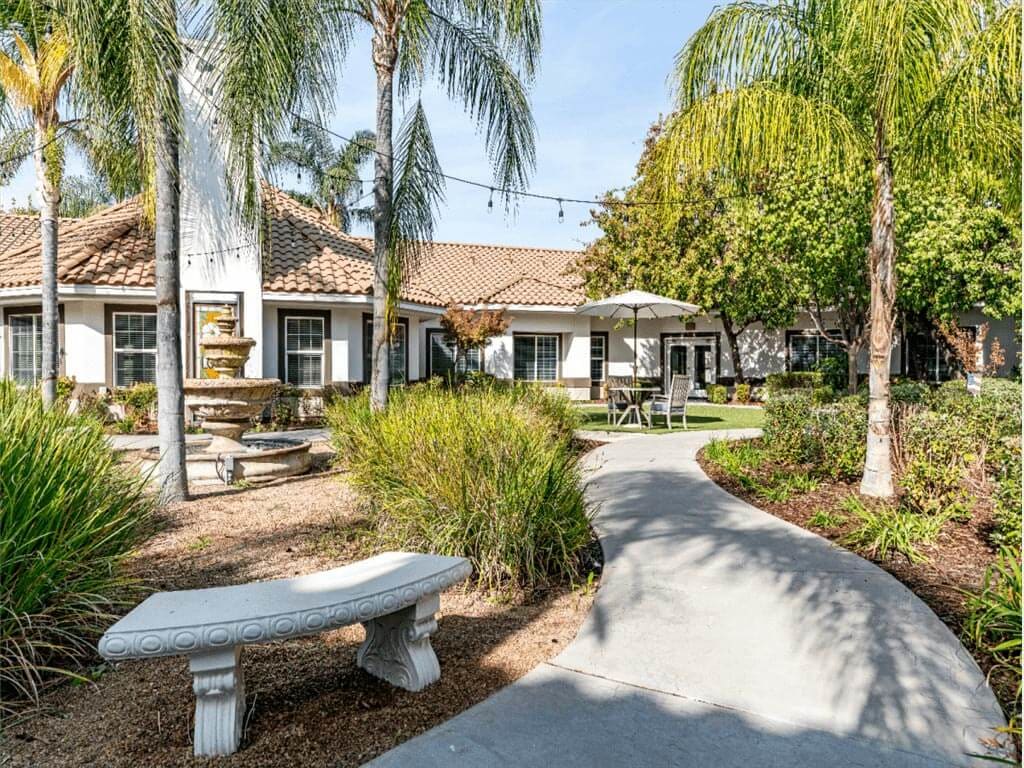7 Fun and Engaging Family Games to Play with Seniors
Family Games to Play: Bonding Fun Across Generations
Creating unforgettable moments with loved ones becomes even more special when you incorporate family games to play that are fun, inclusive, and easy for all ages. Whether it’s a holiday get-together, a birthday celebration, or a cozy evening indoors, the right games can bring generations together through laughter and collaboration. At Westmont of Fresno, these moments are cherished, and we’re here to inspire your next gathering with meaningful, joyful activities.
Explore our list of exciting family games to play that promote interaction, nostalgia, and lighthearted fun. From classics to creative challenges, these games are perfect for building stronger family bonds while accommodating seniors with different mobility and cognitive needs.
Bingo: A Classic Game for All Ages
Bingo is more than just a game; it’s a lively gathering that sparks joy and connection among players of all ages. As you share this experience with seniors, consider introducing different Bingo variations to keep things fresh and exciting. You might explore themes or special patterns, adding a twist to the classic format. Incorporating Bingo strategies, like focusing on a specific number or using unique calling patterns, can enhance the fun and engagement. The beauty of Bingo lies in its simplicity, making it accessible to everyone. You’ll witness laughter, friendly competition, and priceless moments of connection. So, gather the family, set up those cards, and let the games begin—creating cherished memories together! Additionally, Bingo promotes social connections among participants, further enhancing the joy of the game.
Scrabble: A Word Game for Vocabulary Building
While playing Scrabble, you’ll have fun and engagingly expand your vocabulary. This classic word game encourages you to explore vocabulary strategies while challenging your family members to think creatively. You can immerse yourself in word game variations like allowing two-letter words or themed challenges, making it even more exciting. Each turn can spark conversations about new words and their meanings, enhancing everyone’s language skills. Plus, Scrabble’s strategic element fosters friendly competition, encouraging players to think critically about their moves. This game is perfect for building connections and sharing laughter, all while enriching your language abilities together. So gather your tiles and let the wordplay begin! Additionally, playing word games like Scrabble can significantly enhance cognitive engagement and keep minds sharp as participants strategize and interact.
Bocce: An Outdoor Game for Family Fun
Family games to play should include outdoor activities too, and Bocce is perfect for that! With simple rules and a friendly competitive spirit, you’ll find everyone getting involved, enjoying some light exercise while fostering connections. Additionally, playing bocce outdoors promotes physical health while enhancing natural social connections.
Simple Rules and Instructions
Bocce is one of the best games for elders in party settings, thanks to its simplicity and accessibility. Start by setting up a smooth playing area and dividing into teams. Each team takes turns rolling their bocce balls towards a smaller target ball called the pallino. Get creative with adaptations for limited mobility to ensure inclusive fun for all.
Benefits of Physical Activity
Whether it’s a birthday bash or a holiday barbecue, bocce makes a great addition to your list of games for elders at a birthday party. It promotes:
- Flexibility and balance
- Joint health
- Muscle strength
- Mental well-being
Participating in community wellness programs through physical activity supports seniors in maintaining independence.
Enhancing Social Interaction
When it comes to holiday games for adults, few beat the interactive charm of bocce. You’ll enjoy quality time while strengthening emotional connections with every toss and cheer.

Passing the Parcel: A Game of Laughter
Have you ever experienced the joy of laughter and surprise as you pass around a parcel? “Passing the Parcel” is a delightful game that brings family members of all ages together, turning any gathering into a memorable celebration. To enhance the fun, consider these creative variations and game adaptations:
- Wrap the parcel in multiple layers, adding small treats or notes in between.
- Use themed music that resonates with everyone, creating a nostalgic atmosphere.
- Incorporate silly tasks for the person holding the parcel when the music stops.
- Adjust the game rules to accommodate mobility, ensuring everyone can join in.
This is one of the best indoor games for family gathering moments. It fosters connection, laughter, and unforgettable memories, making it an excellent choice for family events.
Year of Invention: A Historical Guessing Game
Get ready to put your thinking caps on with “Year of Invention,” a lively game that sparks curiosity about history! It’s a perfect example of party games for senior citizens that stimulate the mind while being easy to play.
Historical Context Exploration
Discussing invention origins leads to engaging conversations about culture, society, and innovation. This keeps the older generation mentally engaged and is great for holiday games for adults that want a thoughtful edge.
Memory Recall Enhancement
As players guess the invention years, they enhance memory recall—a perfect form of cognitive training. This is one of the most educational and interactive family games to play that doubles as a fun learning experience.
Photo Puzzle Race: A Team-Building Challenge
Release your creativity with the Photo Puzzle Race! It’s one of the most engaging games for elders at a birthday party because it combines nostalgia, teamwork, and visual thinking. Use old family photos for extra emotional warmth. Form teams, race the clock, and bond through the challenge. It’s an excellent activity for birthdays or any get-together.
Name That Tune: A Nostalgic Musical Game
Wrap your event in nostalgia with “Name That Tune.” As one of the go-to games for elders in party settings, it lets participants relive cherished musical moments. Using snippets from classics or personal family favorites, this game lights up faces and builds connections through shared melodies.
For inspiration on curating a playlist, consider browsing external resources like Golden Carers Music Activity Guide or DailyCaring’s music tips.

A Joyful Tradition Worth Starting
Why not make these family games to play a new tradition at your next event? Whether you’re looking for Indoor games for a family gathering, planning party games for senior citizens, or selecting holiday games for adults, the joy is in the togetherness. Each game listed above is designed to spark laughter, connection, and mental engagement, offering an enriching experience for every generation.
Interested in learning more about our community or scheduling a tour? Contact Westmont of Fresno at 559-446-1266 or click here: Schedule a Tour.
So, which game will bring your family closer together this season? Let the fun begin!
Frequently Asked Questions
What is a good game for families to play?
A good game for families to play is one that includes everyone, encourages laughter, and sparks friendly competition. Classic board games like Uno, Monopoly, or Pictionary are great choices for various age groups. These games are easy to learn and promote teamwork or light strategy. The key is choosing a game that matches the age and interests of all players.
What are fun games to play at home?
Fun games to play at home include card games like Go Fish or Crazy Eights, board games like Scrabble or Clue, and interactive games like Charades or Simon Says. You can also play trivia, scavenger hunts, or create DIY obstacle courses indoors. These options keep everyone engaged and don’t require a lot of setup. Most importantly, they allow families to bond and have fun together.
How do you make a fun family game night?
To make a fun family game night, choose games that everyone can enjoy, prepare some snacks, and set aside distractions like phones. Rotate who picks the game each time to keep things fair and exciting. Add fun incentives like small prizes or themes (pajama night, movie characters, etc.) to make it more special. The goal is to create a relaxed, laughter-filled environment where everyone feels included.
What are 10 indoor games?
Ten great indoor games include Charades, Pictionary, Uno, Twister, Bingo, Scrabble, Dominoes, Musical Chairs, Hot Potato, and Hide and Seek. These games are fun, simple, and don’t require a lot of space. They are suitable for various age groups and can be easily customized to match your family’s preferences. Most importantly, they promote quality time and creative interaction.
What are five outdoor games?
Five popular outdoor games are Tag, Kickball, Capture the Flag, Hide and Seek, and Red Light, Green Light. These games are great for burning energy and encourage physical activity. They’re simple to organize and usually require minimal equipment. Outdoor games also give families a chance to enjoy fresh air and strengthen bonds through active play.




















